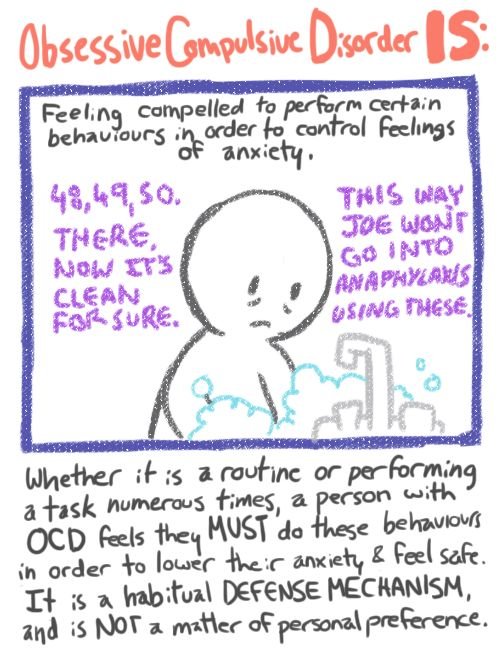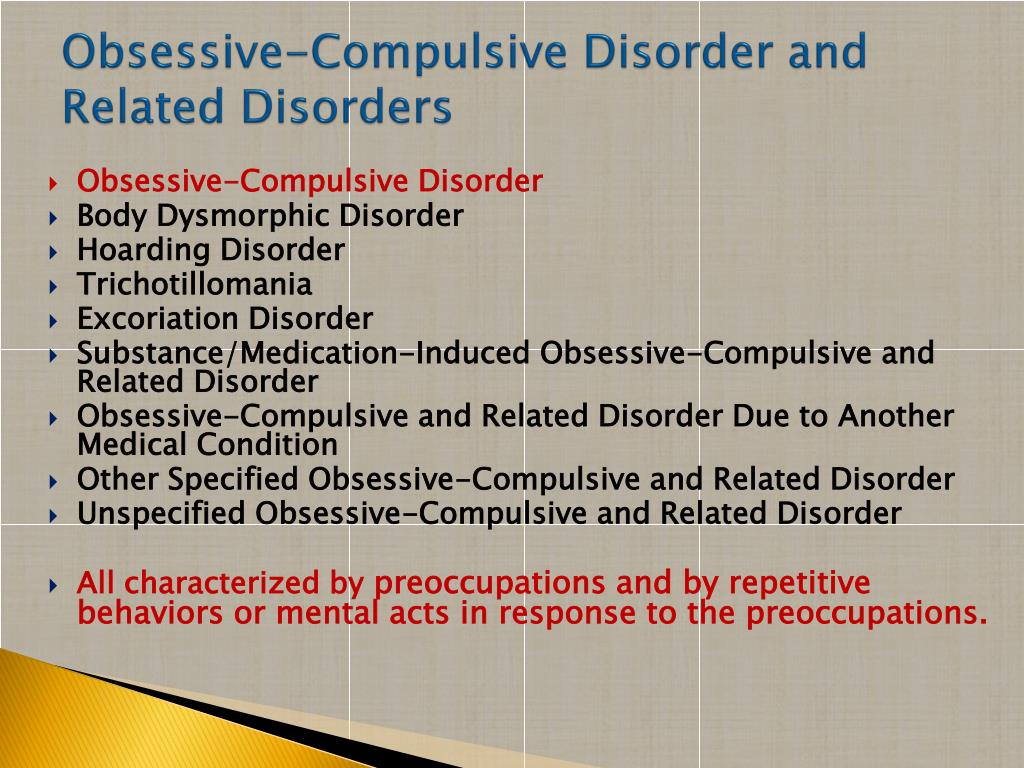

One useful strategy is to identify the root causes of the disturbance. In addition to battling stress and embracing good sleep hygiene, people who have intrusive thoughts can also take a behavioral approach to this issue. They found that those who had experienced regular sleep disruptions had greater difficulty in shifting their attention away from negative information.
Anxious obsessive thoughts series#
The researchers showed participants a series of images that were intended to produce emotional responses.

Research produced by scientists at Binghamton University found that sleeping less than eight hours a night is linked to intrusive, repetitive thoughts. One of the most important strategies for keeping intrusive thoughts or rumination at bay is to get quality sleep. Journaling, soothing fragrances (such as therapeutic-grade essential oils like lavender or orange), spending time in nature, yoga, meditation and exercise have all been found to lower stress hormone (cortisol) levels. Scientifically-proven means of reducing stress include controlled breathing, mindfulness meditation and reframing negative thoughts into more positive ones. Signs that one is stressed include racing heart, experiencing changes in the stomach or bowel and having difficulty concentrating. In order to reduce stress and anxiety, developing emotional awareness is key. This is one of the reasons why some of the most successful methods for battling anxiety and intrusive thinking involve curbing stress before it becomes a problem. According to the American Academy of Sleep Medicine, the genetic factors that cause sleep problems when some people are stressed are the same that can make people with intrusive, ruminative thoughts have a higher rate of insomnia. Strategies to Reduce Intrusive ThoughtsĮxperiencing a high level of stress can cause intrusive thoughts.
Anxious obsessive thoughts skin#
These can vary from compulsive handwashing, checking locks or switches or the repetitive pulling of hair (trichotillomania) or compulsive skin picking. This mistrust may cause intrusive urges, images or thoughts to arise, resulting in behavioral rituals, also known as compulsions. As such, their environment seemed consistently unpredictable. The findings showed that participants with higher levels of OCD symptoms were less trusting of past experiences. In this study, the researchers asked 58 participants with various levels of OCD symptoms to complete a decision-making task by thinking about their reaction to past experiences and comparing them to more recent ones. This can be distressing and take a toll on anxiety levels.Ī 2020 study published in the journal PLOS showed that people with OCD may place less trust in their past experiences, leading to greater uncertainty, indecisiveness and explorative behaviors. Another way in which intrusive thoughts affect people who have depression is that they can sometimes try to predict what someone is thinking, even if there’s no rationale for it. The person may focus more on problems instead of solutions, and this may stop them from undertaking important tasks.Įxamples of intrusive thoughts that accompany depression include seeing situations as “black- and-white,” assuming it will end disastrously because of past bad outcomes or viewing small mishaps in a magnified way. In this case, when a person has a problem, they may find themselves thinking about it repeatedly and analyzing it for hours. Rumination can also accompany depression. These thoughts can be concerning to loved ones, especially when they start controlling the person’s behavior. However, they can seem very real and probable to someone who ruminates on them. These thoughts are not based on facts or past results - rather they are irrational and unlikely. They may worry that they will lose their job. For instance, they may have repeated worrisome thoughts about someone getting hurt or developing an illness. People with generalized anxiety disorder can battle impaired concentration, difficulty sleeping and excessive worry when intrusive thoughts pop into their minds. To address these often-debilitating thoughts and advance the conversation on mental illness, we need to understand how they manifest themselves in each mental health condition. They can be a symptom of common mental health conditions such as anxiety, depression or obsessive-compulsive disorder (OCD).

Their repeated occurrence can make it hard to focus on daily tasks and sustain healthy relationships. Intrusive thoughts are unwanted thoughts that can pop up in our minds unannounced, at any time. It's my own thoughts that lock me up!” – V.C. “Yes, I am a prisoner of sorts, but my prison isn't the house.


 0 kommentar(er)
0 kommentar(er)
